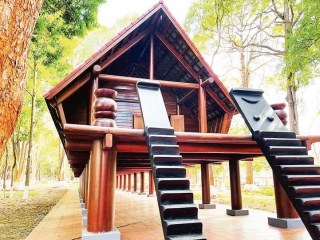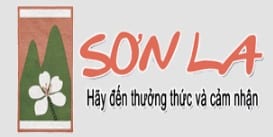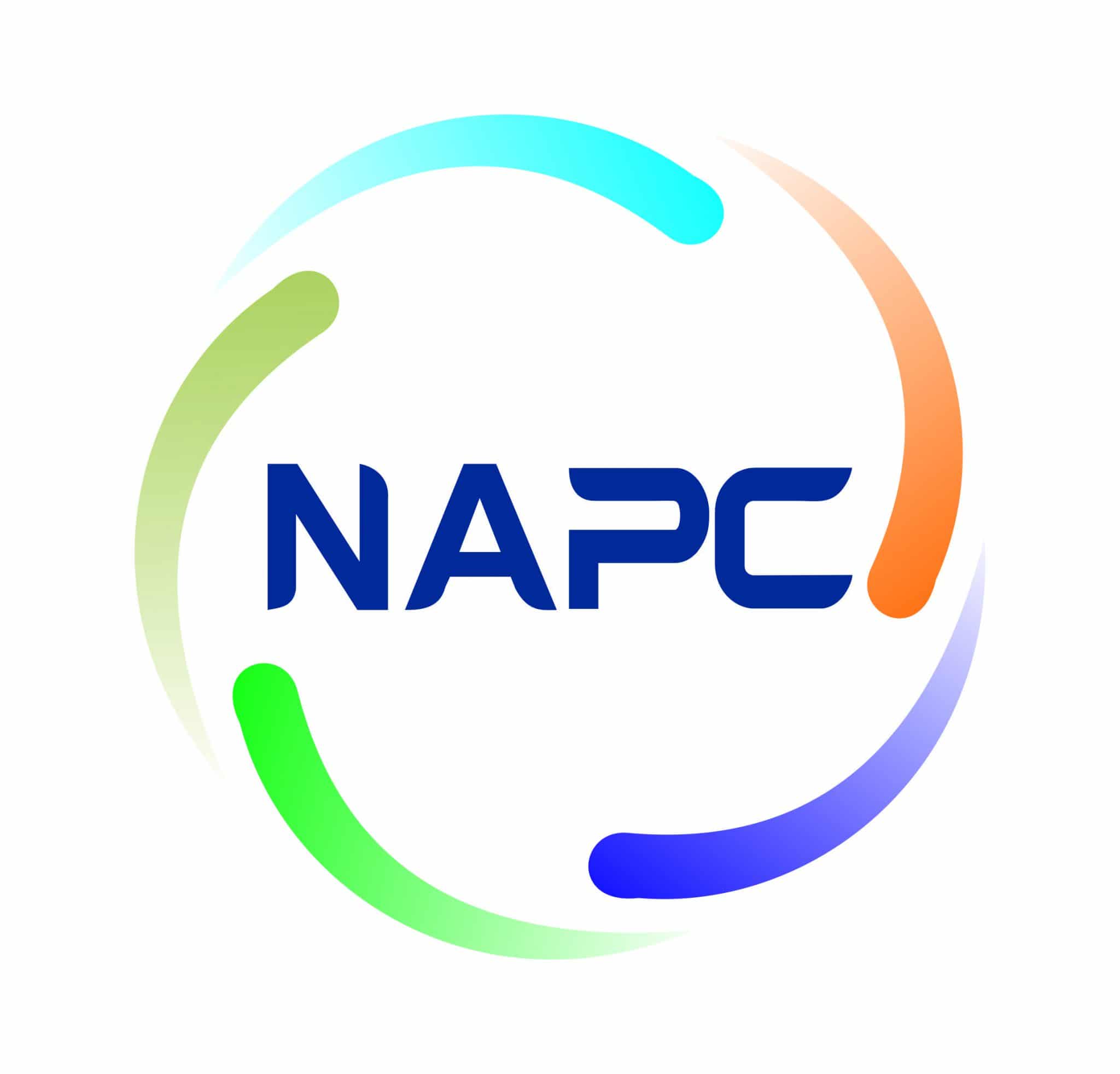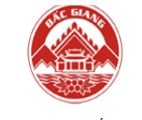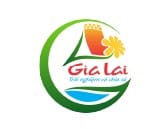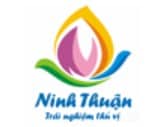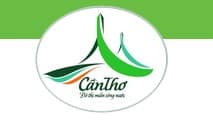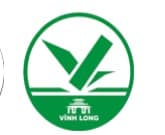
Ha Van Sieu, vice chairman of the Vietnam National Administration of Tourism under the Ministry of Culture, Sports and Tourism, made the statement at a digital transformation roundtable discussion held in Hanoi on November 16.
Vietnam’s tourism development strategy to 2030, approved by the Prime Minister on January 22, 2020, set an orientation to accelerate digital transformation in the tourism industry, toward the formation and development of a smart tourism ecosystem.
“The fact that we jointly build, cooperate and develop technology applications, to support tourists in the digital environment is also concretising the purpose of the above strategy. Therefore, the content of today’s talk has practical significance, in line with current trends,” Sieu said.
He added that the spread of the Fourth Industrial Revolution along with the development of technology has changed tourist behaviour, from searching for information, booking services and experiences at the destination, to sharing feelings and memories of the trip. Most of it took place in the digital environment.
The change in the market with the focus on tourists has forced service providers as well as the Government to have solutions to quickly adapt and take advantage of digital achievements to transform the operating model and method in the new era. Digital transformation as well as enhancing cooperation in the digital environment is the right choice for organisations, businesses, and digital service providers to strive to maintain operations in order to adapt flexibly and develop sustainably.
Huynh Thi Mai Thy, country manager Traveloka Vietnam, said in the first half of this year, Vietnam welcomed around 413,000 foreigners and 60.8 million domestic visitors. The total tourism revenue reached VND265 trillion. In addition, the volume of international searches for Vietnamese tourism has continued to surge, with one of the highest increases in the world, according to Google’s market trend tracker tool.
Vietnam has also stepped up eight places in the 2021 Tourism and Travel Development Index (TTDI), according to the World Economic Forum (WEF) Report which was conducted based on enabling environment, travel and tourism policy and enabling conditions, infrastructure, travel and tourism demand drivers, travel and tourism sustainability. The country experienced the greatest score improvement, rising by 4.7% to leap from 60th to 52nd in the overall index.
“However, in order to return to the golden age of the tourism industry, in 2019, there are still some challenges although Vietnam has orientation, strategic plans and a roadmap for tourism development which was provided in the strategy to develop Vietnam’s tourism to 2030 approved by the Prime Minister on January 22, 2020,” she added.
She said digital transformation, tourism model 4.0, smart tourism model are no longer unfamiliar terms to Vietnamese people, as well as the benefits of digital transformation for the industry, businesses and travellers. However, the connection and cooperation between these entities in the digital environment for sustainable development of Vietnam’s tourism should be promoted.
She added that with the strong rebound of tourism in recent months, it is crucial for Vietnam’s tourism to take steps toward digital transformation by embracing touchless and smart tourism in Vietnam.
“Therefore, we keep making innovations that can create other initiatives and breakthrough programmes that will boost the digitalisation in the travel industry.”
As a technology-based company, Traveloka is cementing its commitment to support the Government and partners toward digital transformation and sustainable growth in the tourism sector.
Traveloka encourages the stakeholders to work together and ensure the sustainable growth of local tourism. Digital transformation is more than just a temporary solution for the pandemic disruption, but is also a long-term journey for the whole tourism sector to develop sustainably.








![[In Pictures] Elephant-friendly tourism in Dak Lak](https://daktip.vn/wp-content/themes/daktip/thumb.php?src=https://daktip.vn/wp-content/uploads/2024/03/v1-6591.jpg.webp&w=320&h=240&zc=1&q=100)

